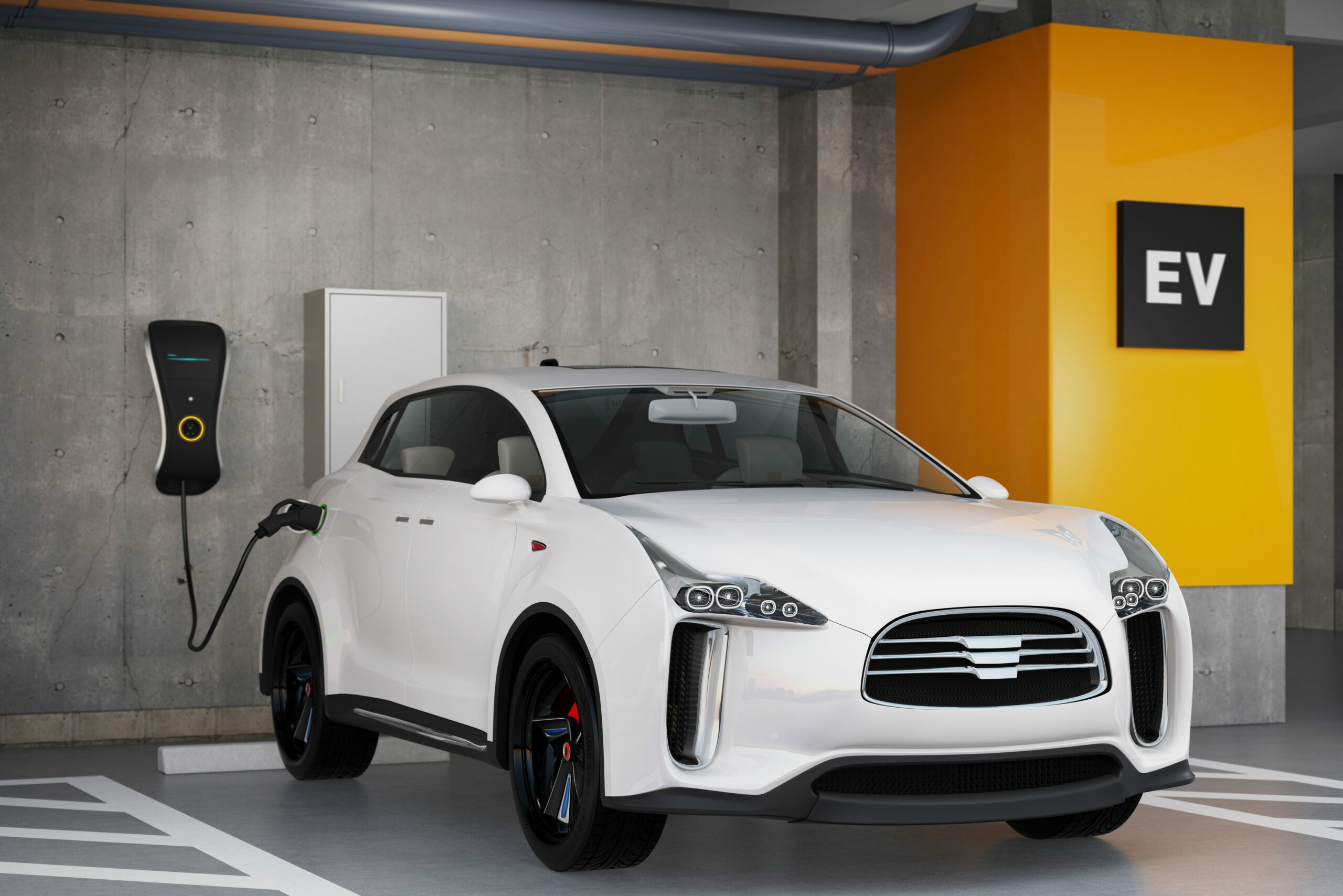February 22, 2024

Understanding EV Tax Credits for 2024
The landscape of electric vehicle (EV) ownership is rapidly evolving, as evidenced by the surge in U.S. electric vehicle sales, which hit a record 1.2 million in 2023, marking a 46.3% increase from 2022.
This growth is further supported by refined tax credits under the Inflation Reduction Act. Aimed at accelerating the transition to cleaner transportation, these credits offer substantial financial incentives for both new and used EV purchases, and extend to commercial clean vehicles and alternative fuel refueling property installations.
As we move into 2024, here’s what you need to know about leveraging these tax credits to support your move towards more sustainable transportation options.
Clean Vehicle Tax Credit
Starting January 1, 2024, significant changes will take effect concerning how consumers can benefit from the clean vehicle tax credits. For the first time, eligible consumers now have the option to apply this nonrefundable credit directly at the point of sale, reducing the purchase price instantly, or claim it on their tax return, providing greater flexibility and immediate benefits.
New EV Tax Credit
Buyers of new electric vehicles can benefit from a tax credit of up to $7,500. The IRS recommends that taxpayers consult the tool available on the FuelEconomy.gov website for the latest information on qualified models. This resource allows users to refine their search by purchase scenario, model year, and type of vehicle to identify which cars qualify based on their delivery date. The IRS advises verifying with the dealer since certain versions of the listed cars might not be eligible. Additional qualifications include but may not be limited to:
- Price cap: New vans, SUVs, and trucks are capped at an MSRP of $80,000, while other vehicles have a $55,000 limit.
- Income Limits: Eligibility also depends on the taxpayer’s modified adjusted gross income, with the ability to use the MAGI from the year of delivery or the year prior; $150,000 for filing separately, $225,000 for head of household, and $300,000 filing jointly.
- Final Assembly: Vehicles must have had final assembly in North America, a detail that can be verified through the VIN.
Used EV Tax Credit
For those considering a previously-owned electric vehicle, a tax credit of up to $4,000 is now available, limited to 30% of the car’s purchase price. Qualifying used EVs must meet specific criteria, including a maximum purchase price of $25,000, a minimum age of two years, and a weight limit of 14,000 pounds. Eligibility also has an income limit ($75,000 for filing separately, $112,500 for head of household, and $150,000 filing jointly). Contact your tax professional for additional requirements.
Qualified Commercial Clean Vehicles
Businesses and tax-exempt organizations that invest in qualified commercial clean vehicles can now benefit from a tax credit of up to $40,000. Vehicles under 14,000 lbs. need a minimum 7 kWh battery; those over 14,000 lbs. require at least a 15-kWh battery. The credit is the lesser of 15% of the price for plug-in hybrids, 30% for EVs/FCEVs, or the vehicle’s incremental cost over a similar gas vehicle. The credit is capped at $7,500 for lighter vehicles and $40,000 for all other vehicles.
There is no limit on the number of credits your business can claim. For businesses, the credits are nonrefundable, so you can’t get back more on the credit than you owe in taxes. The Commercial Clean Vehicle Credit can be carried over as a general business credit. This credit cannot be combined with the Clean Vehicle Tax Credit. Consult with your tax professional for more information on specific eligibility and qualification requirements.
Alternative Fuel Vehicle Refueling Property Credit
This credit has been tailored to support businesses that install alternative fuel vehicle refueling and charging stations. Originally valued at 6% of the equipment cost (up to $100,000 per piece), businesses paying prevailing wages and employing apprentices can now claim a boosted credit of 30%. Starting from 2023, qualifying installations are limited to low-income and non-urban areas, which is meant to promote accessibility and the transition to clean energy.
Pennsylvania’s EV Incentives
In addition to federal incentives, Pennsylvania offers its own set of rebates and credits for EV buyers, including a $2,000 rebate for fully electric vehicles and a $1,500 rebate for plug-in hybrids. These state-specific incentives are designed to complement the federal tax credits, making electric vehicles even more accessible to residents of Pennsylvania. Companies are not eligible to receive the rebates. Funding for the rebates is limited, therefore the rebates will be offered on a first-come, first-served basis.
Keeping Up with Changing Regulations
The criteria for qualifying EVs, including sourcing and manufacturing requirements, are set to adjust annually. Staying informed about these changes is crucial for consumers looking to purchase an EV that qualifies for tax credits but can be challenging given the fluid nature of these regulations.
Wilke CPAs & Advisors is ready to help individuals and small business owners navigate the clean vehicle tax credits. Contact us to explore how to maximize your benefits and determine your eligibility.
